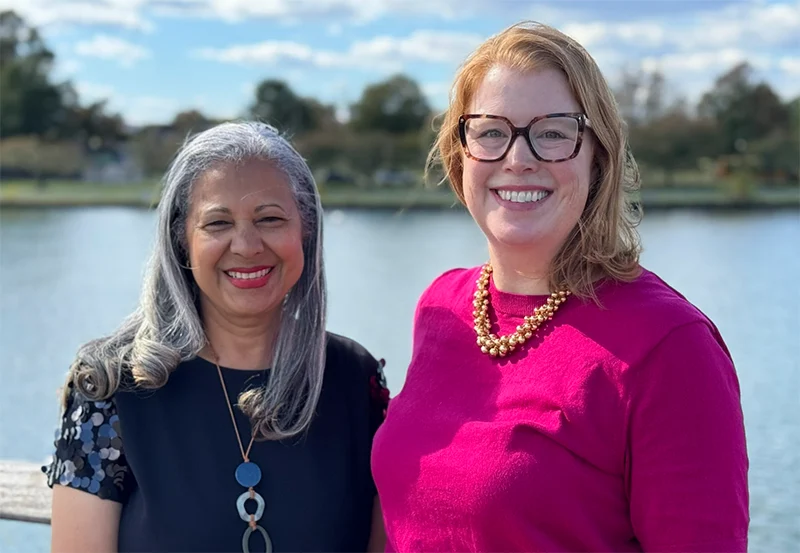Building Resilient Supply Chains
Effective responses to prevent Forced Labor
Turning Supply Chain Risk Into Resilience
An estimated 27.6 million people are trapped in forced labor worldwide, with 86% exploited in the private economy. These workers are found at every level of global supply chains, often hidden deep in lower tiers where visibility is weakest.
Over the last 25 years, businesses have made progress through CSR programs, audits, and zero-tolerance codes of conduct. Yet, many companies still face forced labor risks due to complex global networks and limited traceability.
Better Trade Collective helps companies respond confidently and effectively to forced labor allegations—and more importantly, put systems in place to prevent forced labor and enforcement actions in the first place.
Enforcement Action
is accelerating
Enforcement under Section 307 of the U.S. Tariff Act is accelerating with 43 percent more shipments stopped in FY 2025 over FY 2024, and enforcement actions increased over the same time period.
Better Trade Services
As former senior officials at the U.S. Department of Labor’s Bureau of International Labor Affairs, and key interagency partners with U.S. trade and import enforcement agencies, we understand the regulatory, evidentiary, and stakeholder demands companies face when navigating forced labor enforcement.
Remediation Support
Preventative Compliance
Strategic Engagement
What Sets Us Apart
While others offer off-the-shelf toolkits or generic social audits, we bring:
- ✅ Regulatory Credibility: We helped shape U.S. government guidance on forced labor
enforcement. We know what meets the bar. - ✅ Worker-Informed Solutions: We integrate direct worker engagement and ongoing
monitoring systems based on best-in-class models like ILAB’s SourceRight, formerly known as
Comply Chain. - ✅ Customized, Actionable Plans: We don’t hand you a binder and walk away. We work
alongside your team to deliver clear, time-bound, achievable steps tailored to your business
reality. - ✅ Trust Across Sectors: From apparel to agriculture to tech, we’ve worked with governments,
multinationals, and civil society to address labor rights violations with integrity.
Meet the Team
The Better Trade Collective team understands evolving U.S. enforcement priorities on forced labor, including supply chain investigations, import detentions, evidentiary documentation expectations, rebuttable presumption standards, and corrective action pathways—helping organizations navigate both compliance and remediation with confidence. They also support organizations in developing remediation strategies that meet government expectations, strengthen supplier accountability, and ensure long-term compliance with labor regulations.
